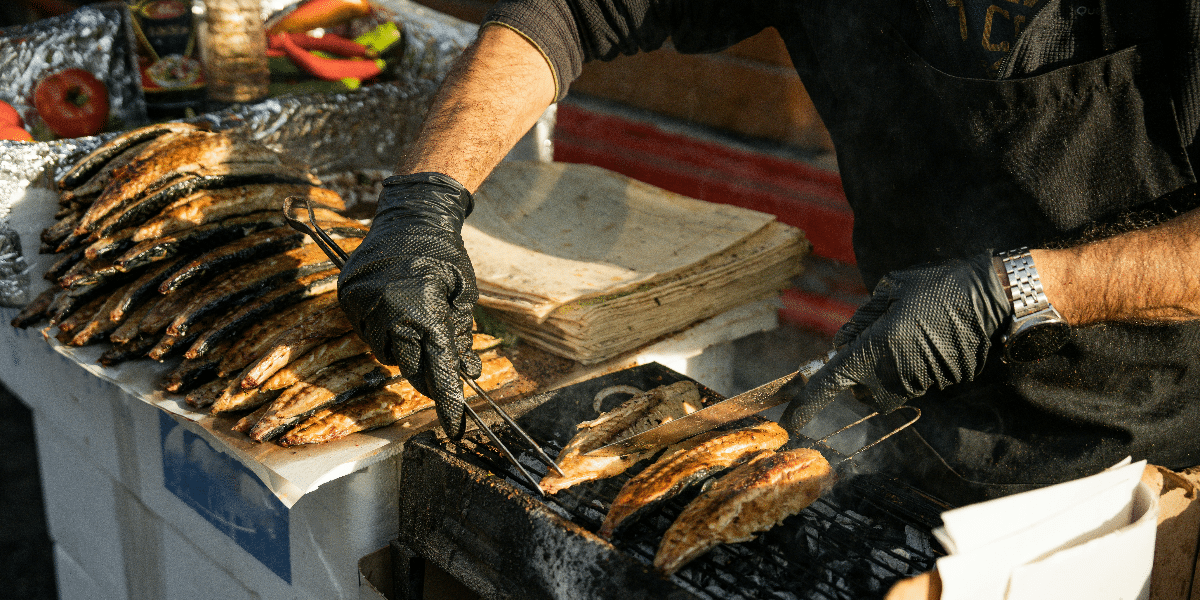Traditional cooking techniques are more than just methods for preparing meals—they are the lifeblood of cultural identity, history, and community. Across the globe, these techniques represent a connection to the past, offering insight into how generations before us approached food with creativity and resourcefulness. However, in the face of modern convenience and globalization, many of these cherished traditions risk fading into obscurity. This is where food hubs are stepping in, playing a vital role in preserving these invaluable culinary practices.
What Are Food Hubs?
A food hub is a collaborative effort designed to connect local farmers, artisans, and communities. These organizations focus on supporting sustainable agriculture, creating access to fresh, locally-sourced food, and fostering cultural preservation. While food hubs are often celebrated for promoting healthy eating and farm-to-table movements, their role in safeguarding traditional cooking techniques is equally significant.
Food hubs serve as bridges between older generations, who hold the knowledge of traditional cooking, and younger generations eager to explore their culinary heritage. By creating spaces for storytelling, cooking demonstrations, and hands-on workshops, these hubs ensure that recipes and techniques passed down through families are not lost to time.
How Food Hubs Promote Traditional Cooking
Workshops and Cooking Classes
Many food hubs offer workshops and cooking classes that highlight traditional culinary techniques. These events are led by skilled cooks, chefs, and community elders who share their knowledge of age-old methods. From mastering sourdough fermentation to learning how to make handmade pasta or grind spices for curries, these classes provide participants with an immersive experience in culinary history.
For example, a food hub in the Southwest might host classes on traditional Mexican cooking, teaching participants how to make authentic tamales from scratch using masa and corn husks. Such initiatives not only preserve these techniques but also deepen appreciation for the cultural context behind the dishes.
Cultural Food Festivals
Many food hubs organize cultural food festivals, celebrating the diversity of traditional cuisines within their communities. These events are platforms for showcasing authentic cooking methods, often including live demonstrations. Seeing techniques like open-fire roasting, clay pot cooking, or hand-rolling dumplings in action reinforces their relevance and inspires attendees to carry them forward.
These festivals also serve as opportunities for cross-cultural exchange, where communities share their culinary heritage with others. Such interactions foster respect for different traditions while creating a collective sense of pride in preserving them.
Supporting Farmers and Artisans
Food hubs work hand-in-hand with local farmers and artisans, whose products are essential for traditional cooking techniques. Many ancient recipes rely on specific ingredients, grown or prepared in particular ways. For instance, heirloom grains, native spices, and artisanal cheeses are often integral to preserving the authenticity of traditional dishes.
By supporting small-scale farmers who grow these ingredients, food hubs ensure that the raw materials for traditional cooking remain available. This support extends to promoting sustainable farming methods that align with the principles of traditional agriculture. For example, food hubs may encourage the cultivation of heritage wheat varieties used in ancient bread-making techniques, ensuring that these grains do not disappear.
Preserving Equipment and Tools
Traditional cooking techniques often require specialized equipment, such as mortar and pestles, clay pots, or cast-iron skillets. Food hubs frequently collaborate with local artisans who craft these tools, offering them alongside fresh produce and ingredients. This not only preserves the art of tool-making but also empowers home cooks to practice traditional methods more authentically.
Revitalizing Communities Through Food
One of the most profound impacts of food hubs is their ability to revitalize communities. Traditional cooking is inherently communal—family members gather to prepare meals, share stories, and bond over food. By creating spaces for these interactions, food hubs rekindle a sense of togetherness.
A food hub in the South might host a family gumbo night, where participants learn the intricacies of preparing this iconic Creole dish while sharing their own memories of making it with loved ones. Such experiences are not only nostalgic but also empowering, as they reaffirm the cultural significance of these practices.
Food hubs provide opportunities for marginalized communities to reclaim their culinary heritage. For many, traditional cooking techniques were lost due to displacement, colonization, or urbanization. By reintroducing these methods, food hubs help individuals reconnect with their roots and take pride in their cultural identity.
Challenges and Opportunities
While food hubs have made remarkable strides in preserving traditional cooking techniques, challenges remain. Securing funding and resources to support these initiatives can be difficult, particularly in underserved areas. Additionally, some traditional techniques may require adaptation to align with modern health and safety standards.
Despite these hurdles, food hubs have immense potential to expand their impact. Partnerships with schools and educational institutions could introduce younger generations to traditional cooking, ensuring its survival. Collaboration with chefs and restaurateurs could further integrate these techniques into mainstream dining experiences, bringing them to a wider audience.
Why Preserving Traditional Cooking Matters
Preserving traditional cooking techniques is about more than food—it’s about protecting cultural heritage, fostering sustainability, and strengthening communities. Every traditional recipe tells a story, and every method holds lessons from the past. Food hubs act as guardians of these treasures, ensuring they are not lost in the rush toward modernization.
As more people seek meaningful connections to their food and its origins, the role of food hubs will only grow. By embracing these initiatives, we not only honor the traditions of the past but also pave the way for a future where culture, community, and cuisine thrive in harmony.








